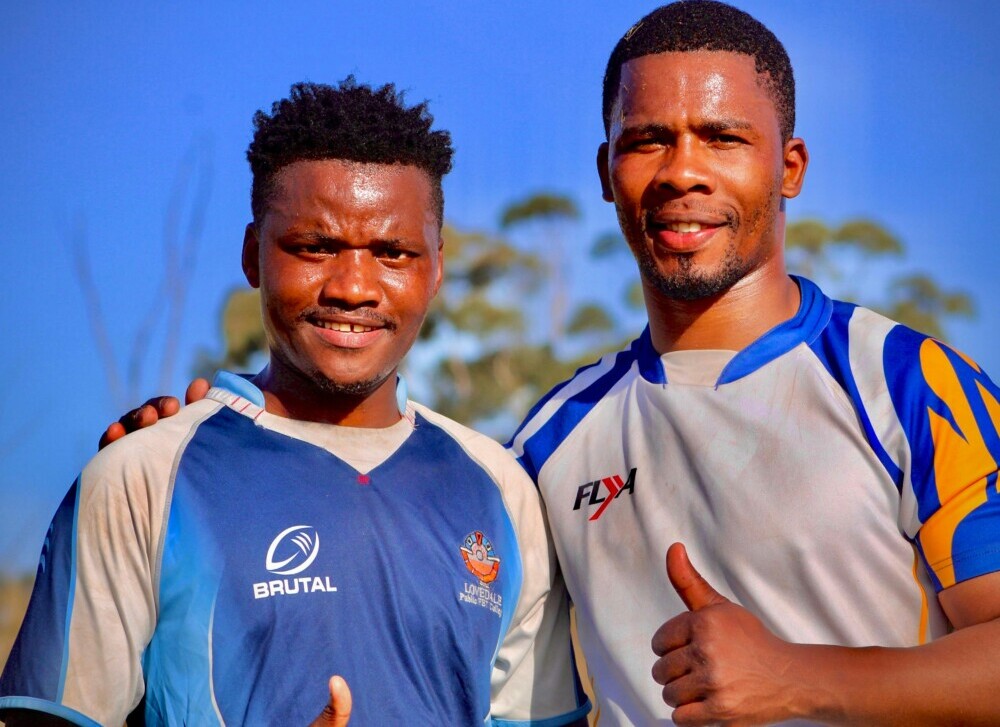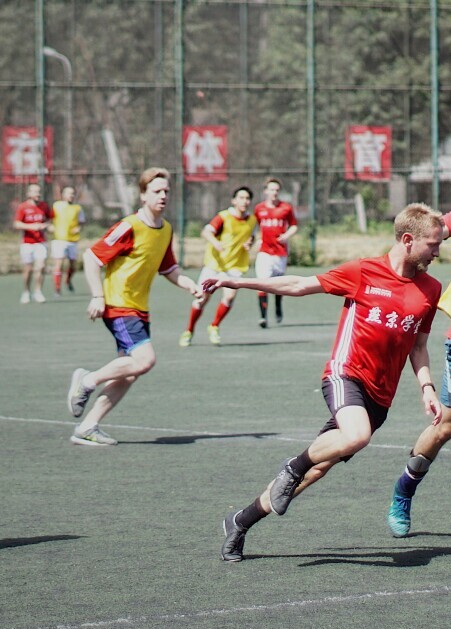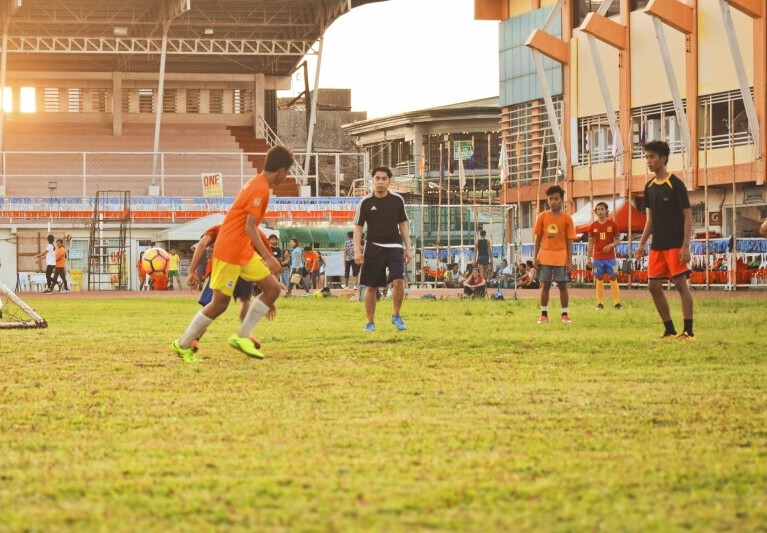
In the cutthroat world of soccer, mental toughness is just as crucial as physical prowess. For South African players, who often face unique challenges both on and off the pitch, being mentally prepared can make all the difference. It’s like having your mind as your twelfth player, giving you the edge when the game gets tough.
In South Africa, soccer players often juggle intense public expectations, cultural pressures, and the fierce competition. These can create psychological stressors that influence performance. But here’s the good news – with the right mental preparation techniques, players can navigate these obstacles seamlessly and elevate their game.
So why exactly is mental preparation so important? It boils down to achieving peak athletic performance. When players mentally prepare, they enhance their focus, build resilience, and develop the clarity needed to execute strategies effectively. It’s not just about being physically ready for the game but also mentally poised.
By understanding and prioritizing mental preparation, players can maintain composure under pressure, boost their confidence, and stay motivated. In the end, it’s about being in the right state of mind to think critically and adapt swiftly during matches. For South African players aiming for the top, mastering the mental game is an essential ingredient to overall success.
Visualization Techniques: Picturing Success on the Field

Visualization is like having a personal cinema where the main feature is your triumph on the soccer field. This technique is about seeing yourself perform perfectly before it actually happens. For South African players, visualizing key moments in a match can massively influence their on-field performance.
Imagine stepping onto that field, the crowd roaring. In your mind, you’ve already scored, you’ve already tackled, and you’ve already led your team to victory. That’s the power of visualization. By running these mental simulations, you’re rehearsing success and building confidence.
South African soccer stars have shared their visualization stories, demonstrating how picturing goals, assists, or tackles helped them respond instinctively when the real moment came. Think of it as a mental dress rehearsal, reducing anxiety and prepping your mind.
To start, find a quiet place, close your eyes, and visualize specific scenarios like scoring a penalty or making a critical save. Engage all your senses – feel the grass, hear the crowd, and smell the fresh air. This makes the experience vivid and impactful, preparing you for similar experiences in the actual game.
The beauty of visualization lies in its ability to enhance focus and concentration. By practicing this technique regularly, players are not just imagining success, but also conditioning their mind and body to achieve it. It’s about creating a mental blueprint that guides them to excellence when the whistle blows.
Embracing Mindfulness and Staying Present

Mindfulness might sound like a buzzword, but it’s a game-changer for athletes aiming to keep their cool. For soccer players in South Africa, where matches are often high-stakes events, staying grounded in the present moment can significantly improve performance.
Being mindful is all about focusing on the here and now, ditching the distractions of past mistakes or future stresses. Imagine all the noise around you fading away, leaving just you and the ball. That’s the kind of focus mindfulness can bring to your training and matches.
Successful athletes around the world credit mindfulness for helping them maintain composure and enhance decision-making during intense moments. By adopting mindfulness practices, South African players can gain similar benefits, leading to more calculated and tactical gameplay.
Practical exercises like deep breathing and progressive muscle relaxation are great starting points. These techniques help calm the mind and body, reducing the adrenaline rushes that can lead to impulsive on-field decisions. Try setting aside a few minutes each day to practice, integrating mindfulness into your routine.
Remember, improving mental agility is as crucial as developing physical skills. By embracing mindfulness, players ensure that their mind remains as sharp as their physical game, ready to tackle any on-field challenge.
Building Resilience with Positive Self-talk and Goal Setting

Positive self-talk isn’t just talking to yourself; it’s the secret tool athletes use to boost morale and concentration. For South African soccer players, this means replacing negative thoughts with affirmations that reaffirm capability and talent.
Think of self-talk as your internal cheerleader. When you miss a goal or make a misstep, those encouraging words can help you shake off doubt and get back in the game. Phrases like ‘I’ve got this’ or ‘I am prepared’ can be surprisingly empowering.
Goal setting is another essential strategy. It turns dreams into concrete targets. By setting SMART goals (Specific, Measurable, Achievable, Relevant, Time-bound), players can track their progress and stay motivated.
Break down your goals into short-term and long-term achievements. Perhaps it’s smashing a personal fitness record or improving ball-handling skills over the season. These goals provide a focus, guiding practice sessions and performance reviews.
South African athletes who overcome adversity often share stories of resilience tied to structured goal-setting and encouraging self-dialogue. Their ability to push through setbacks comes from this powerful combination of mental training and determination.
Incorporating positive self-talk and goal setting into daily routines helps players cultivate a mindset that’s resilient to pressure and adaptable to new challenges. It’s all about staying positive and being strategic – essential qualities for any successful soccer player.
